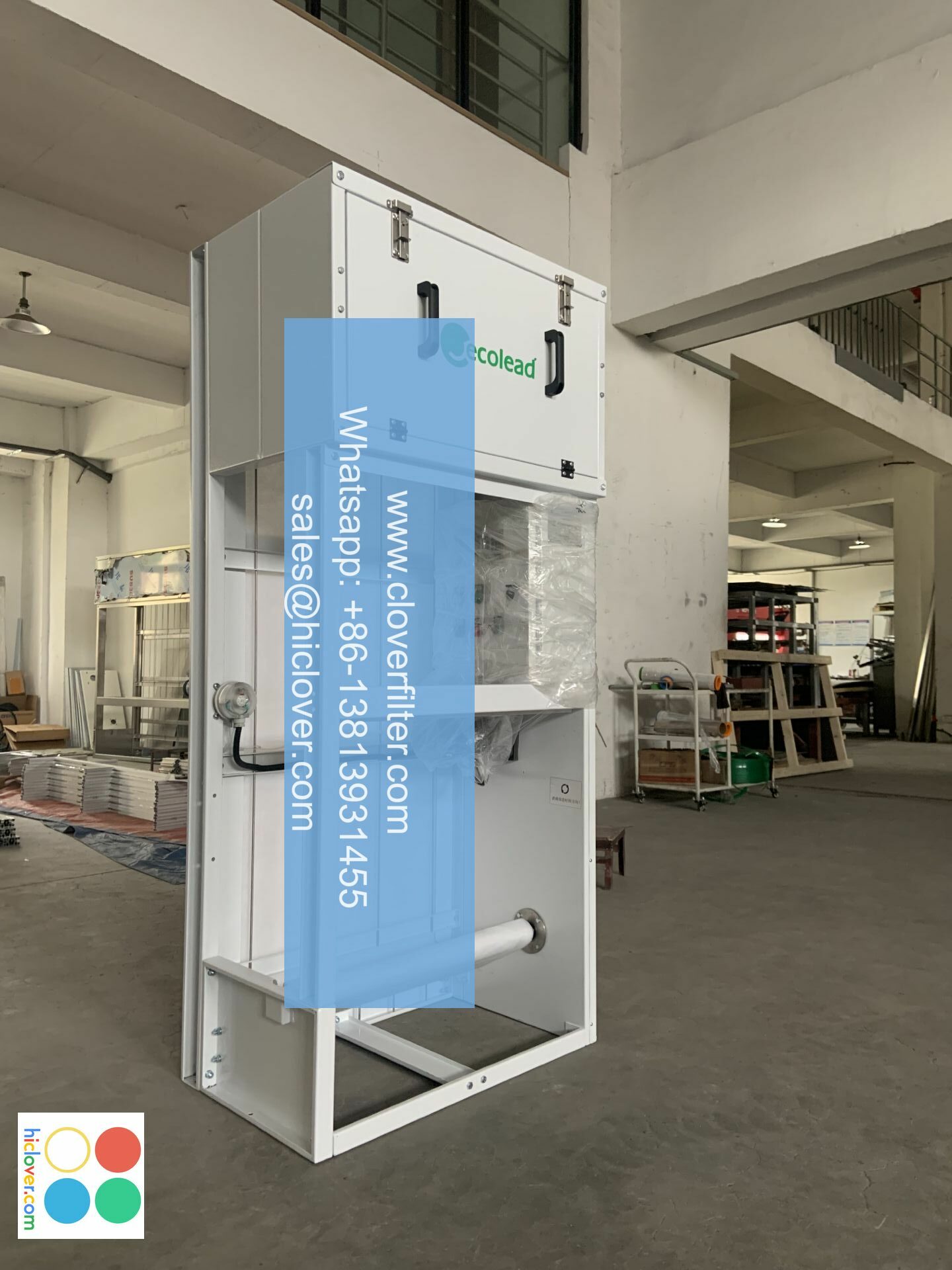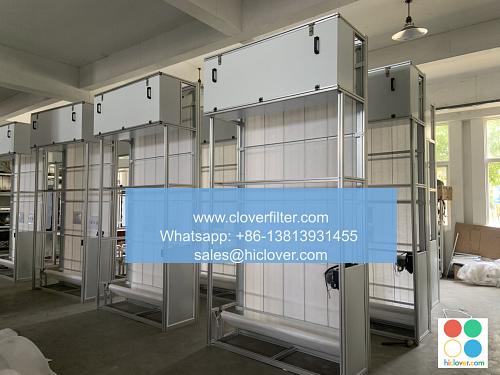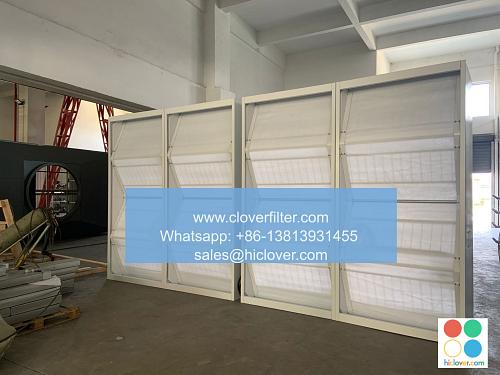Hamilton Steel Plant’s Experience with Automatic Roll Air Filters: A Review

Hamilton Steel Plant, a leading steel production facility, has been at the forefront of adopting innovative technologies to improve its operations. One such technology is the automatic roll air filter, which has significantly enhanced the plant’s air quality management. In this article, we will review Hamilton Steel Plant’s experience with automatic roll air filters, highlighting the benefits, challenges, and best practices.
The steel production process generates a vast amount of airborne pollutants, including particulate matter, gases, and fumes. These contaminants can pose significant risks to the health and safety of workers, as well as the environment. To mitigate these risks, Hamilton Steel Plant invested in automatic roll air filters, which are designed to capture airborne pollutants and improve indoor air quality. The filters use a roll of filter media that automatically advances as the media becomes dirty, ensuring continuous airflow and minimizing maintenance downtime.
The installation of automatic roll air filters at Hamilton Steel Plant has yielded several benefits. Firstly, the filters have significantly improved indoor air quality, reducing the concentration of airborne pollutants by up to 90%. This has resulted in a healthier work environment for employees, with a notable reduction in respiratory problems and other health issues. Secondly, the filters have helped to reduce maintenance costs associated with traditional filter systems, which require frequent replacement and cleaning. The automatic roll air filters have also minimized downtime, allowing the plant to maintain optimal production levels.
However, Hamilton Steel Plant’s experience with automatic roll air filters has not been without challenges. One of the primary concerns was the initial investment cost, which was significantly higher than traditional filter systems. Additionally, the plant had to adapt to new maintenance procedures, including monitoring the filter media and replacing the rolls as needed. Nevertheless, the benefits of the automatic roll air filters have far outweighed the challenges, and the plant has reported a significant return on investment.
Best practices have played a crucial role in the successful implementation of automatic roll air filters at Hamilton Steel Plant. The plant’s maintenance team has developed a rigorous monitoring schedule to ensure the filters are functioning optimally. Regular inspections are conducted to check for wear and tear, and the filter media is replaced promptly when necessary. The plant has also implemented a training program for employees, educating them on the importance of air quality management and the proper use of the automatic roll air filters.
In addition to the technical aspects, Hamilton Steel Plant has also emphasized the importance of continuous monitoring and evaluation. The plant’s air quality management team regularly reviews data on airflow rates, pressure drops, and pollutant concentrations to assess the effectiveness of the automatic roll air filters. This data-driven approach has enabled the plant to make informed decisions about maintenance, replacement, and upgrades, ensuring the filters continue to operate at peak performance.
In conclusion, Hamilton Steel Plant’s experience with automatic roll air filters has been overwhelmingly positive. The filters have improved indoor air quality, reduced maintenance costs, and minimized downtime. While there have been challenges, the benefits have far outweighed the costs, and the plant has reported a significant return on investment. As the steel industry continues to evolve, it is likely that more plants will adopt automatic roll air filters as a key component of their air quality management strategies.
Conclusion
The use of automatic roll air filters at Hamilton Steel Plant has demonstrated the potential for significant improvements in air quality management. By adopting this technology, the plant has reduced airborne pollutants, improved worker health, and minimized maintenance costs. As the industry continues to prioritize sustainability and worker safety, the adoption of automatic roll air filters is likely to become increasingly widespread.
FAQs
Q: What are automatic roll air filters, and how do they work?
A: Automatic roll air filters use a roll of filter media that automatically advances as the media becomes dirty, ensuring continuous airflow and minimizing maintenance downtime.
Q: What are the benefits of using automatic roll air filters in a steel plant?
A: The benefits include improved indoor air quality, reduced maintenance costs, and minimized downtime.
Q: What challenges did Hamilton Steel Plant face during the implementation of automatic roll air filters?
A: The primary challenges were the initial investment cost and adapting to new maintenance procedures.
Q: How has Hamilton Steel Plant ensured the successful implementation of automatic roll air filters?
A: The plant has developed a rigorous monitoring schedule, implemented a training program for employees, and emphasized continuous monitoring and evaluation.
Q: Are automatic roll air filters suitable for all types of industrial facilities?
A: While the technology has been effective in steel plants, its suitability for other industries depends on various factors, including airflow rates, pollutant types, and maintenance requirements.


